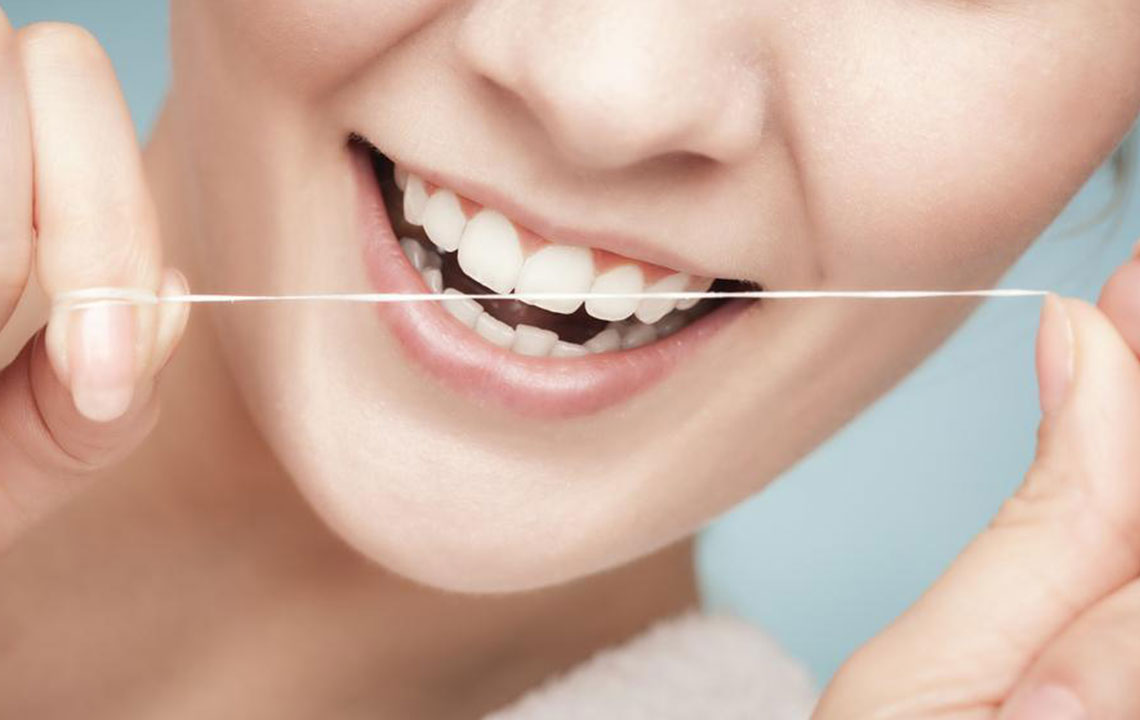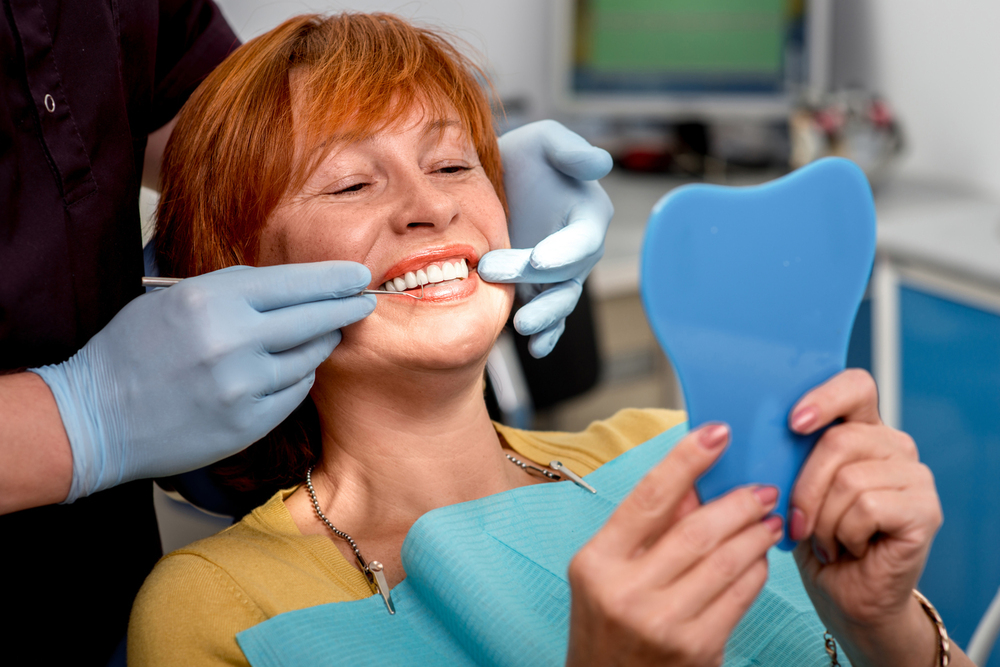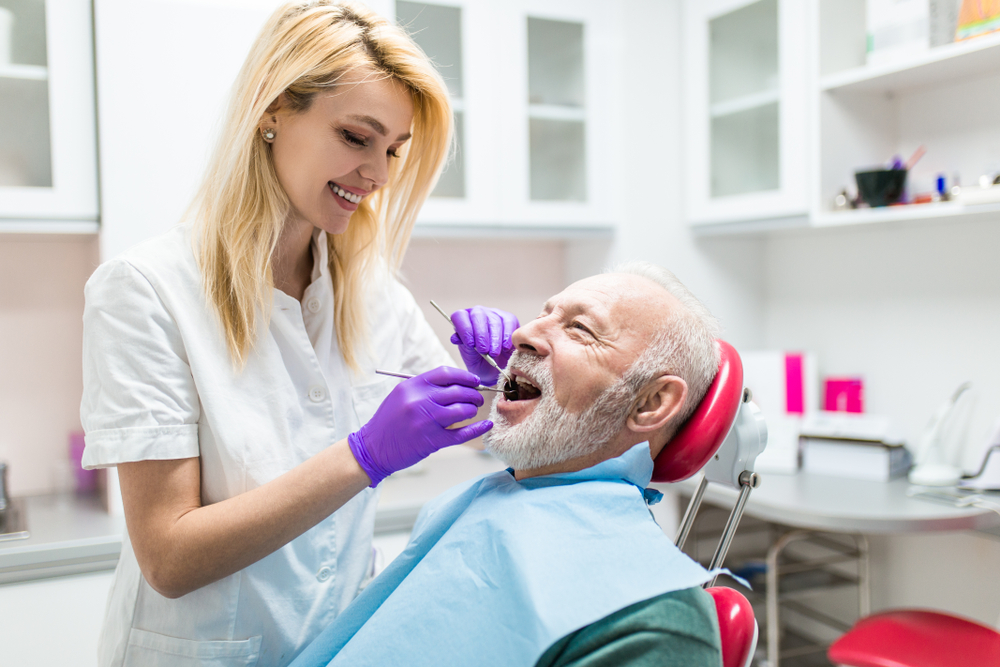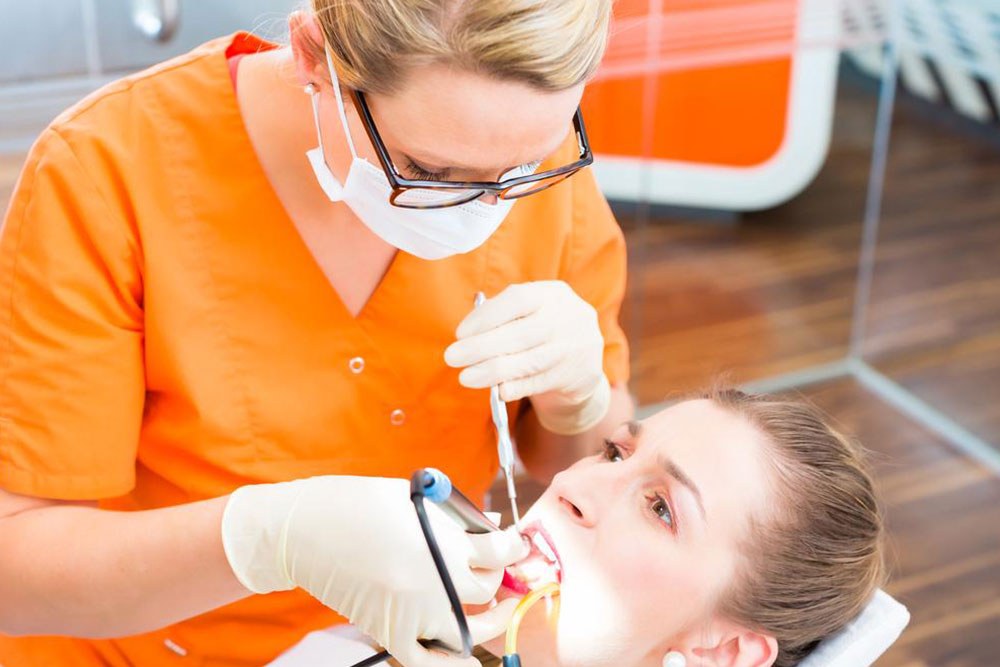Comprehensive Oral Hygiene Strategies for Seniors to Maintain Healthy Teeth and Gums
This comprehensive guide provides essential oral hygiene tips tailored for older adults, emphasizing daily practices like flossing, denture care, hydration, and regular dental checkups. Maintaining optimal oral health in seniors helps prevent widespread systemic health issues and enhances overall quality of life. The article discusses selecting gentle tools, limiting sugary drinks, and creating personalized dental treatment plans with professional support. Prioritizing these strategies ensures healthy teeth and gums well into later years, reducing discomfort, infection, and health risks associated with neglected oral care.
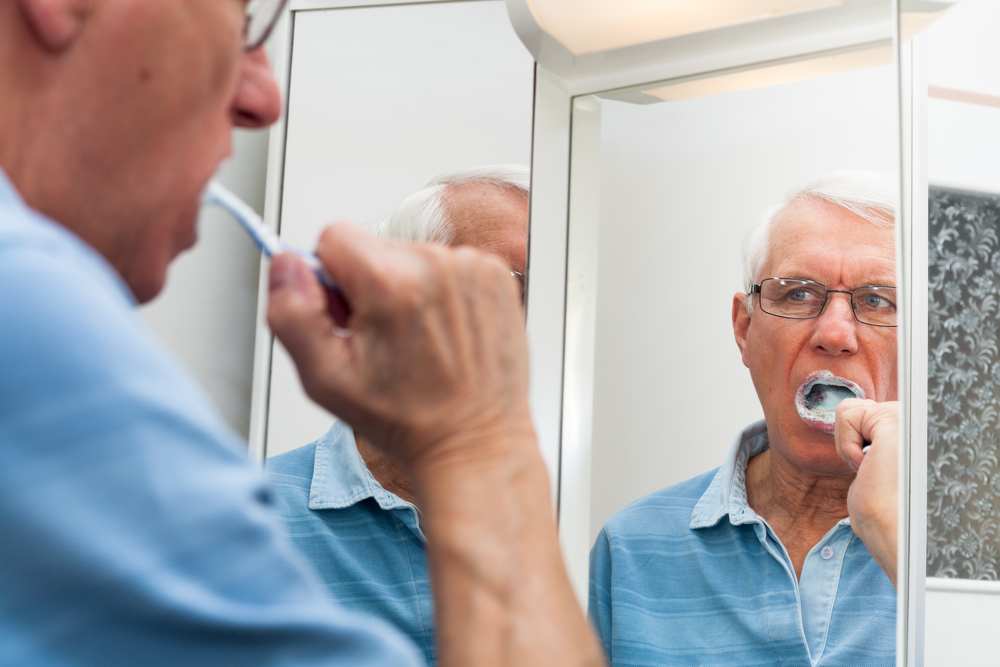
Comprehensive Oral Hygiene Strategies for Seniors to Maintain Healthy Teeth and Gums
Ensuring optimal oral health is a cornerstone of overall wellness for individuals of all ages, but it becomes especially critical as we enter our senior years. Aging brings about numerous changes in oral tissues, teeth, and saliva production, which can increase vulnerability to dental issues such as cavities, gum disease, and oral infections. Moreover, poor oral health in older adults is linked to more serious systemic health problems, including strokes, hypertension, and cardiovascular diseases. Therefore, establishing and maintaining a dedicated oral hygiene routine is essential for preserving oral function, preventing pain, and supporting general health.
In this comprehensive guide, we will explore the best practices tailored specifically for older adults to maintain a healthy mouth, prevent dental problems, and enhance quality of life through proper oral care routines.
Implement Daily Flossing
Flossing is often overlooked, yet it is a critical component of oral hygiene. Studies indicate that only a small percentage of people adhere to daily flossing routines. For seniors, regular flossing helps remove food particles stuck between teeth that brushing alone cannot reach. Removing these debris minimizes bacterial buildup that causes plaque, cavities, and gum disease. Incorporate flossing into your daily routine—preferably after each meal—to maintain healthy interdental spaces. Use gentle, controlled motions to avoid damaging delicate gum tissues, and opt for waxed or tape floss if manual dexterity is limited.
Maintain Cleanliness of Dentures and Dental Appliances
For seniors who wear dentures, regular cleaning is paramount to prevent bacterial and fungal growth. Remove dentures daily and clean them thoroughly with gentle brushes and denture cleaning solutions. Soaking dentures overnight in a mixture of water and mouthwash helps disinfect and prevent bad odors. Handling dentures carefully during cleaning and storing them in a safe place reduces the risk of breakage. Neglecting denture hygiene can lead to gum infections, stomatitis, and other oral issues that compromise health.
Prioritize Adequate Hydration
Many older adults consciously limit fluid intake to reduce bathroom trips, but dehydration can lead to dry mouth (xerostomia). Saliva acts as a natural cleansing agent, neutralizing acids and washing away bacteria. A dry mouth environment fosters bacterial overgrowth, increasing risks for cavities, bad breath, and gum disease. To prevent this, seniors should aim to drink plenty of water throughout the day, preferably avoiding excessive caffeine or alcohol, which can dehydrate the mouth further. Using sugar-free gum or saliva substitutes can also help maintain moisture.
Utilize Mouthwash Effectively
Incorporating an antibacterial or fluoride mouthwash into daily routines can significantly bolster oral health. Rinsing after meals helps eliminate residual food particles and reduces bacterial colonization. Choose mouthwashes formulated for seniors, especially those containing fluoride for cavity prevention or essential oils for antibacterial effects. Be cautious in selecting alcohol-free options to prevent dryness of the mouth. Regular use of mouthwash complements brushing and flossing and contributes to stronger, healthier teeth.
Schedule Regular Dental Checkups
Routine dental visits are crucial for older adults. As we age, enamel becomes more susceptible to wear and erosion, making regular professional assessments necessary. Dentists can detect early signs of decay, gum disease, or oral cancer, enabling timely intervention. Professional cleanings remove stubborn plaque and tartar build-up, improve appearance, and help repair damaged enamel. For seniors with existing dental restorations or implants, annual exams ensure these remain secure and functional. Developing a dental care plan with your dentist can include treatments like fillings, root canals, or implants to restore oral health and function.
Limit Sugary and Acidic Beverages
Soft drinks, fruit juices, and other sugary or acidic drinks pose a significant risk to teeth. These beverages contain acids that demineralize enamel and promote staining, while sugars feed harmful bacteria. If consumed frequently, they can accelerate enamel erosion and cavity formation. Instead, opt for healthier alternatives like water, herbal teas, or milk. When indulging in treats or beverages with acids, rinse the mouth with water afterward and wait at least 30 minutes before brushing to minimize enamel wear.
Select Gentle Oral Hygiene Tools
Hard or abrasive toothbrushes can damage sensitive enamel and gum tissues, especially in seniors with receding gums or periodontal issues. Choose a soft-bristled toothbrush designed for gentle cleaning. Consider electric toothbrushes with timers for consistent brushing duration and easier handling. Use non-abrasive, fluoride-rich toothpaste to clean teeth effectively without harsh scrubbing. Practicing proper brushing techniques—gentle circular motions and covering all surfaces—maximizes benefits while minimizing trauma to delicate tissues.
Beyond daily care, developing a personalized dental care plan that includes treatment options such as dental repairs, crowns, bridges, or implants is advisable for seniors facing complex dental needs. Consulting a dentist regularly ensures that your oral health is monitored, maintained, and improved over time. Additionally, addressing underlying health issues like diabetes or osteoporosis can positively impact dental health, emphasizing the importance of coordinated healthcare management.

